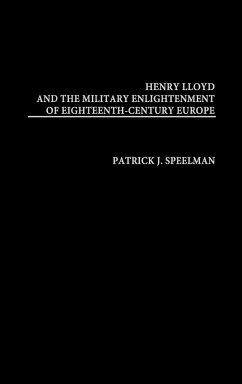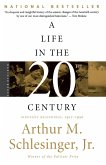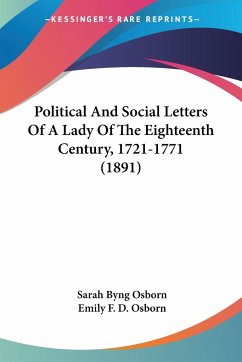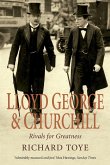Intellectual historians generally view the Enlightenment as a pacifist or anti-war movement. Military historians typically consider 18th century military thinkers as backward-looking and inept. Speelman challenges the views of both groups through a consideration of the writings of Henry Lloyd, a soldier and Welsh philosophe who combined enlightened thought and military experience to distill a distinct theory of war. Based on previously unused or underutilized primary materials, this is the first biography of this key enlightenment thinker who advanced the general understanding of war as it existed in his day. Lloyd wrote a multivolume history of the Seven Years' War from which he derived the Principles of War; a treatise on economics that prefigured the liberal theories of Adam Smith; a rhapsody on the invasion and defense of Great Britain; and finally an anonymous critique of the English constitution that he used to demand political and electoral reform. Overall, he argued for the reform of military institutions and practices through breaking from custom and traditional norms. In his works, Lloyd examined warfare within the larger context of secular philosophy and human society; and, thus, he personified the link between the military society and the Enlightenment that historians often ignore or discount.
Hinweis: Dieser Artikel kann nur an eine deutsche Lieferadresse ausgeliefert werden.
Hinweis: Dieser Artikel kann nur an eine deutsche Lieferadresse ausgeliefert werden.








